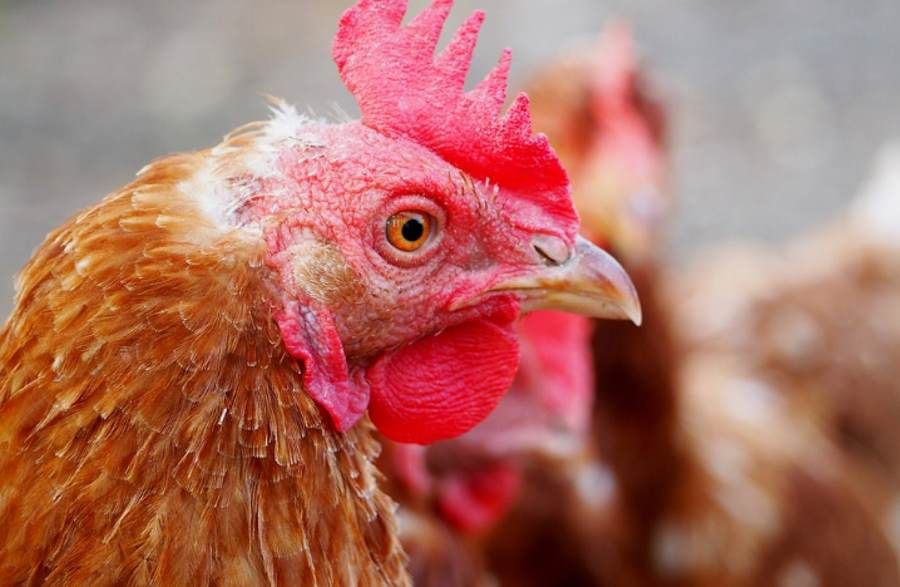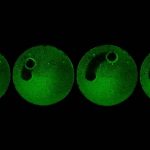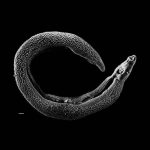
Genetically modified hens that lay eggs containing drugs
Teamół scientistsów of the University of Edinburgh has made genetic modifications on hens so that they produce two types of human proteins in their eggs. The proteins in question are IFNalpha2a, whichóre have zarówno anticancer properties, as well as antiviral and macrophage colony-stimulating proteinsów (macrophage-CSF), które being developed as therapies for self-repair of damaged tissues.
Research initially focused on producing high-quality proteins for use in scientific research. However, over time, scientists have found that in the same wayób can be obtained róalso drugs. What’s more, such a production method is as much as 100 times cheaper than the traditional one. Although chickens currently produce relatively small amounts of valuable substances, scientists believe that in the future production could be increased to produce drugs in commercial quantities.
The results of scientific researchóThe Edinburgh-based researchers were published in the „BMC Biotechnology”.
Global market for the drugów proteins are growing rapidly. However, the cost of their production and validation in cfówn comparison with traditional chemical drugs, makes them poorly distributed. This is where transgenic technologies step in, whichóre enable genetically modified animals to produce valuable proteins.
Several therapeutic proteins from such bioreactorsóin animals, after successful prób clinical trials and regulatory approval, are already available on the market. Improving the production of therapeutic proteins in the egg whites of transgenic hens would significantly reduce costs throughout the production cycle in porówn comparison with traditional production systems, whichóre are based on comórkowa. This could lead to more affordable therapies.
As researchers at the University of Edinburgh and the Roslin Institute have shown, high amounts of protein can be recovered from each egg using a simple purification system, and there is no adverse effect on the hens themselves.
Lissa Hebron of the University of Edinburgh said their chickens are „pampered” in cfówn dealing with farm animals. – They live in very large pens and are fed daily by highly trained techniciansóin and live quite comfortably. Hens simply lay normal eggs – she added.
Scientists have previously shown that genetically modified goats, królicks or just hens can be used to produce protein therapies in milk or eggs. Researchers say their new approach is more efficient, provides better yields and is more cost-effective than earlier próby. The biggest savings come from the fact that chicken houses are much cheaper to build and operate than highly sterile, clean factory production facilities.
The human body naturally produces proteins produced by modified hens. Each plays an important role in the immune system. But many diseasesób is caused by the body not producing enough of a particular chemical or protein. Such diseases can be controlled with drugsóin containing the right proteins.
A human gene responsible for producing these proteins has been inserted into the DNA of hens. Just three eggs are enough to produce a dose of the drug, and a hen can lay up to 300 eggs a year. With enough animals, scientists are confident that they can produce drugs in commercial quantities.
– We are not yet producing drugs for humans, but this study shows that chicken is a commercially viable method of producing proteins suitable for drug discovery researchów and other applications in biotechnology – said Helen Sang of the Roslin Institute.
Development of new drugsów for humans and obtaining the legally required permits could take up to 20 years. That’s why scientists want to focus on drugs for livestock first. Although such które strengthen the immune system, as an alternative to antibioticsów. This would reduce the risk of developing new strainsóin antibiotic-resistant superbugs.





